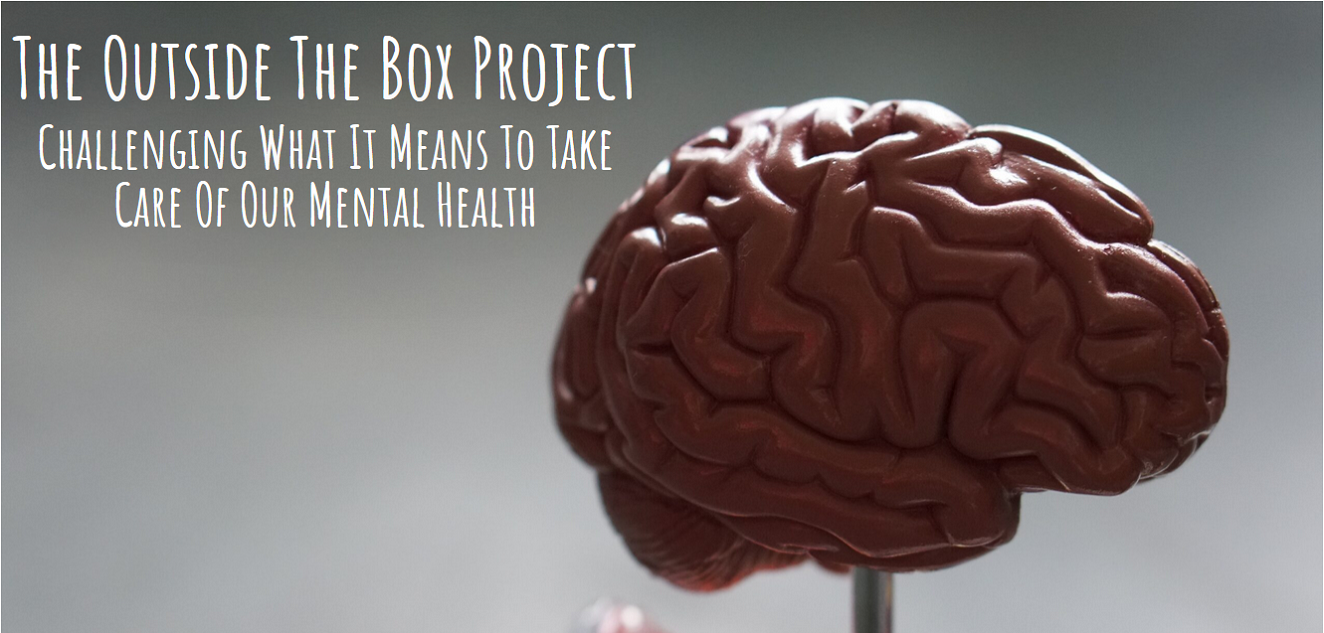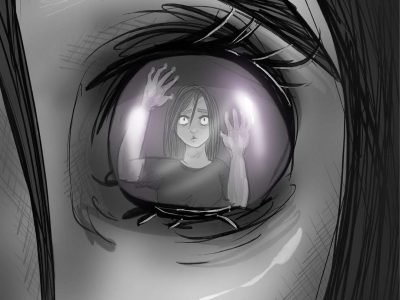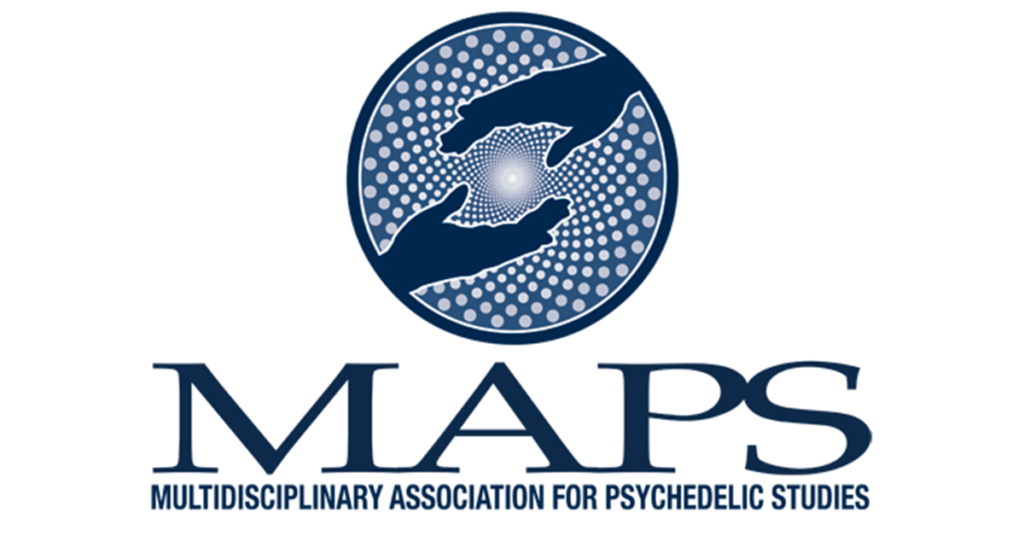The symptoms of DPDR are the 3rd most common mental health symptom next to depression and anxiety. It has been medically recognized since the late 1800’s, but is still largely unrecognized within society and the medical community.

What is The Outside the Box Project?
Anxiety and Depression have been the focus of mental health discussions for years and there is a significant need to start looking at the bigger picture. Symptoms present themselves in numerous ways and are often signs of other disorders rather than just “anxiety” or “depression.” The Outside the Box Project aims to help us all gain a better understanding of our mental health and the various disorders that naturally occur over our lifetimes.
One of our missions is to challenge our traditional ways of thinking about what it means to take care of ourselves. The Project addresses evidence-based ways of bettering our mental health Outside the Box of traditional methods. The current focus of The Outside the Box Project is to raise awareness about Depersonalization/Derealization Disorder and other Dissociative Disorders.
What are Dissociative Disorders?
Dissociative Disorders are widespread Mental Health Disorders that affect around 10% of the population, but have little recognition within society and the medical community. They can cause an impaired awareness of actions, thoughts, physical sensations, and identity. Evidence shows they have significant societal and individual impacts and many of those who suffer from them will never receive a diagnosis. In addition to lacking societal awareness, they are treatment resistant, underfunded, and under-researched. You can find more information on the Societal Impacts of Dissociative Disorders here.
Dissociation is a process that protects us from overwhelming experiences, usually of a traumatic or stressful nature, through physical analgesia (an inability to feel pain) and psychological detachment from those experiences. Through Dissociation, there is a regulation of attentional mechanisms, and it involves the process of inhibiting or suppressing specific perceptual and cognitive processes. As a result of Dissociation, higher order integration might fail to take place, and in fact might be actively inhibited from occurring, because coping with a stressful experience may be more effective that way. [1]
Dissociation is comparable to the “animal defensive reaction” of freezing in the face of a predator, when fight/flight is impossible. It is defined in the DSM-5 as a disruption of the usually integrated functions of: consciousness, memory, awareness of body and/or self, environment, and identity. [2]
What is Depersonalization/ Derealization Disorder?
Depersonalization/Derealization Disorder (DPDR) is a Dissociative Disorder clinically recognized within the DSM-V (Diagnostic and Statistical Manual of Mental Disorders). Those affected often feel empty or numb and have difficulty expressing full ranges of emotions. It leaves the individual feeling as if they are disconnected or detached from one’s body and thoughts. DPDR is not a psychotic condition and those affected are acutely aware that what they are perceiving is abnormal. You can find Symptoms and Diagnostic Criteria for the disorder here.
Depersonalization/Derealization is the 3rd most common mental health symptom next to anxiety and depression, but still has little recognition within society and the medical community. Most people will experience DPDR at some point in their life, but for many it becomes a chronic condition. The average length of time it takes to receive a diagnosis is 10 years and there are no documented cures or treatments. You can find Facts and Statistics about Depersonalization and other Dissociative Disorders here.
Depersonalization/ Derealization Disorder Statistics
Dissociative Disorder Organizations
Unreal Charity
Unreal is a United Kingdom based charity dedicated to raising awareness about Depersonalization/Derealization Disorder.
The Plural Association
Nonprofit dedicated to peer support and advocacy for those affected by Dissociative Identity Disorder and other forms of multiplicity under the Plural umbrella.
Resources
The National Center for Biotechnology Information is a resource for scholarly articles regarding mental and physical health.
Personal Accounts of people impacted by Depersonalization and what the experience feels like.
MAPS is one of the groups paving the way researching how psychedelics can assist in treating mental health conditions within a proper clinical setting.
Dissociative Disorders
DPDR In The Media
Logic describing his anxiety and experiences with DPDR Disorder. “I was having this crazy physical feeling like I was gonna faint…I felt like my soul was leaving my body.”
Musician and writer, Dodie Clark describing life with DPDR. “I didn’t know what it was for the first 5 years…I also thought it was just a part of growing up and that’s why people glorified childhood so much, because it’s so much more vivid.”















